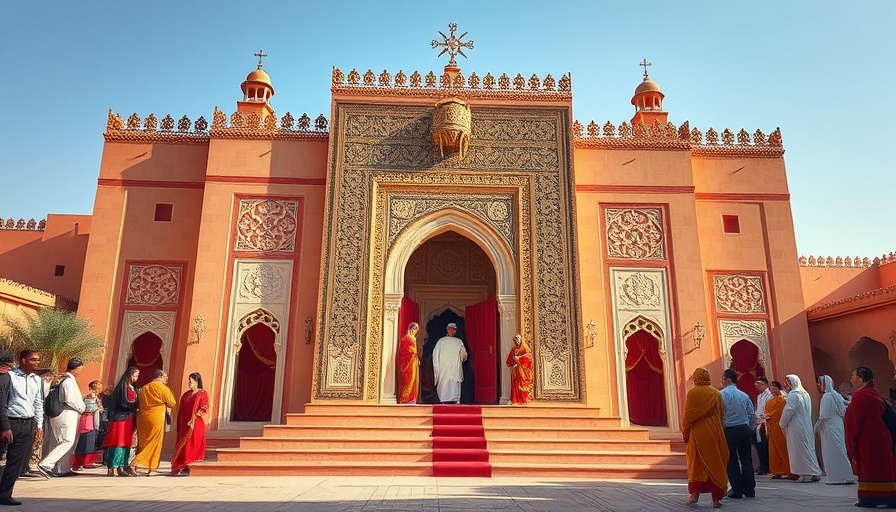
Celebrating the Rich History and Significance of Morocco's Throne Day
On July 30, Morocco observes a day of national pride known as Throne Day. This momentous occasion celebrates the king's accession to the throne, a symbolic touchstone of national unity and democracy in this North African kingdom. Since independence in 1956, Morocco has developed a unique political landscape, where constitutional monarchy plays a crucial role in governance. Throne Day is not only a celebration of the monarchy but also a reaffirmation of the Moroccan people's culture and unity.
Historical Context of Morocco's Throne Day
The roots of the Moroccan Throne Day date back to 1999 when King Mohammed VI ascended the throne following the passing of his father, King Hassan II. His reign has been marked by various political reforms and modernization efforts designed to foster economic growth and social development. Throughout the years, Throne Day has been characterized by grand ceremonies including military parades, cultural showcases, and speeches reflecting on national achievements and the kingdom's vision for the future.
How Throne Day Connects Moroccans at Home and Abroad
The significance of Throne Day extends beyond national boundaries. For Moroccans living abroad, it is a chance to reconnect with their roots, celebrating their shared identity and values. Various embassies around the world organize events that evoke a sense of national pride and unity. This day resonates with Moroccans everywhere, reinforcing the importance of cultural heritage and international kinship.
Future Predictions: The Evolving Role of Monarchy in Morocco
Looking ahead, the monarchy's role in Morocco may continue to evolve in response to changing political and social landscapes. As young Moroccans become more politically active and engaged, the monarchy faces pressures to adapt to contemporary demands for reform and transparency. Throne Day will likely remain a pivotal event that mirrors these shifts, as it provides a platform for discussing the future of governance and civic engagement within the kingdom.
The Global Context: Morocco's Position on the World Stage
The importance of Morocco's Throne Day also reflects the kingdom's strategic role on the global stage, particularly in light of its relations with both the United States and Europe. As international dynamics shift, Morocco has emerged as a key partner for various nations seeking to navigate complex geopolitical landscapes. During this year's celebrations, it is expected that leaders will address the importance of maintaining stability, economic cooperation, and cultural exchange within the region, reinforcing Morocco's position as a diplomatic bridge between Europe and Africa.
Thriving Amidst Challenges: Celebrating Resilience
Despite facing challenges such as economic shifts and the impact of global events like the COVID-19 pandemic, Morocco has shown remarkable resilience. Throne Day serves as a reminder of the kingdom's strength and the collective will of its people. Events surrounding this celebration often highlight Morocco’s achievements in renewable energy, tourism, and health developments, pointing to a future that balances tradition with modernity, ensuring that the kingdom remains vibrant and dynamic.
Conclusion: Unifying History and Future Aspirations
As Moroccans come together to commemorate Throne Day, they celebrate not only their history but also strive for a unified future full of hope and potential. With each passing year, this occasion presents an opportunity for reflection and celebration of national identity, highlighting the enduring significance of the monarchy in public life. As the nation continues to embrace its heritage while responding to contemporary challenges, Throne Day remains a beacon of unity and progress.
 Add Element
Add Element  Add Row
Add Row 



Write A Comment